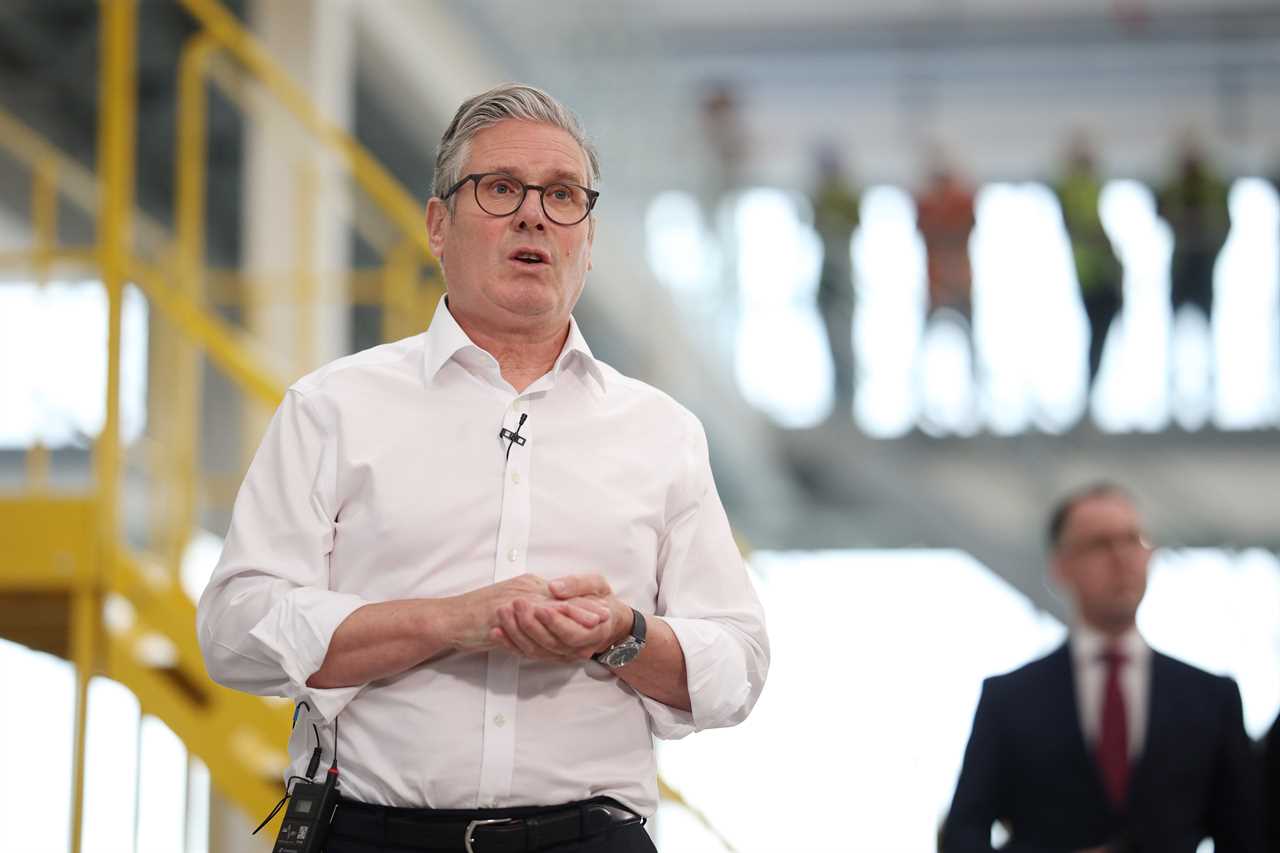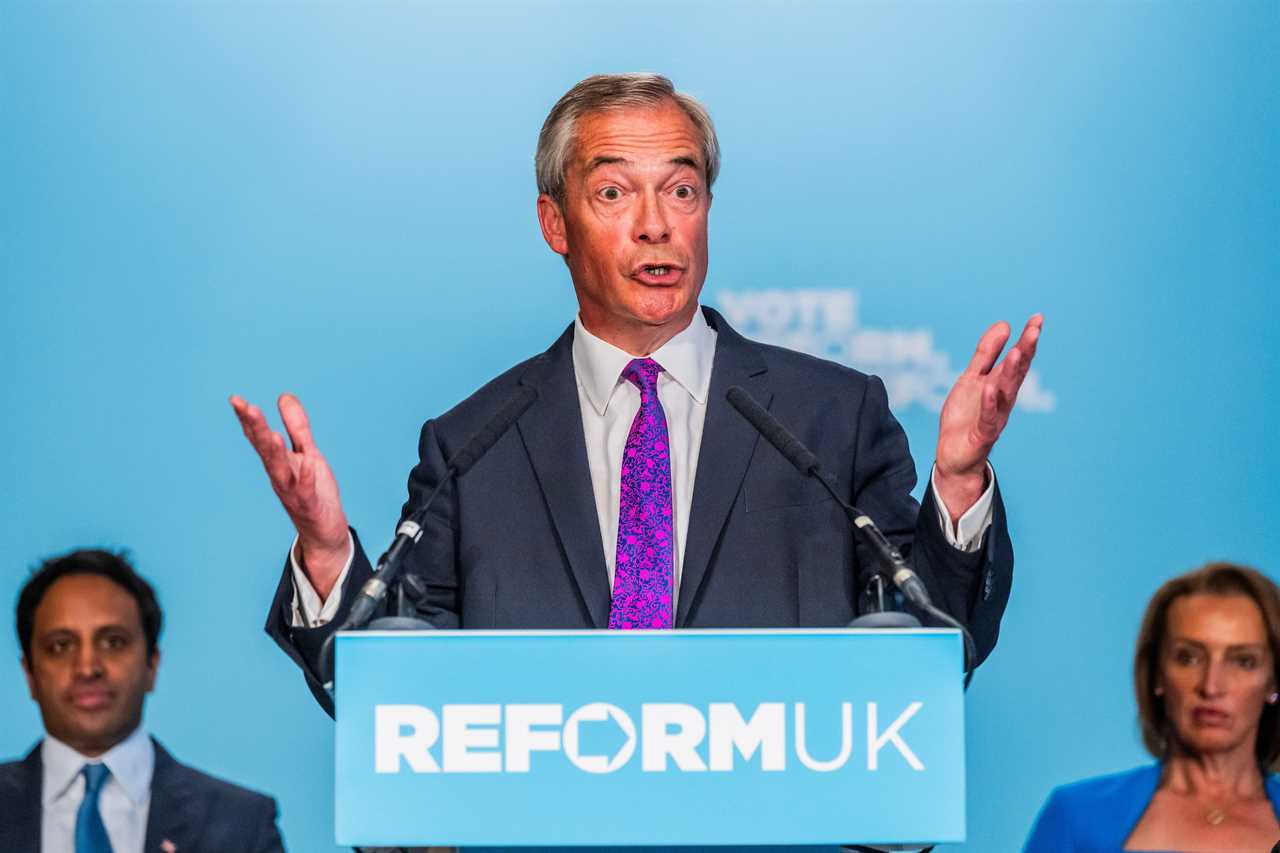
In light of proposed changes to the two-child benefit cap, the UK faces a significant decision impacting its largest jobless families, potentially costing the taxpayer £3.5 billion. This policy shift, introduced in 2017 under the Tories, restricts child tax credit and universal credit to the first two children, except in cases of rape. As Labour and Reform advocate for its removal, the debate unfolds against a backdrop of deep-seated societal and economic complexities.
Challenging the Two-Child Benefit Cap
Labour's internal divisions on the issue, with Sir Keir Starmer's cautious stance, contrast with the Prime Minister's recent signals of openness to revising the cap. Scrapping the policy could provide substantial financial relief to around 180,000 large, workless families, yet critics argue that the cap exacerbates child poverty. The Institute for Fiscal Studies highlights the financial strain on affected households, raising questions about the cap's effectiveness.
The Impact on Families and Poverty
Official data reveals that hundreds of thousands of families have been affected by the cap, with the majority having three or more children. Notably, even working families face financial constraints due to the policy, underscoring its wide-reaching implications. Former Secretary of State Esther McVey defends the cap as a deterrent against unsustainable family planning, while opposition figures advocate for its abolition to address child poverty.
Policy Origins and Social Consequences
Originating in 2012 and fully implemented in 2017, the cap was introduced to promote fairness and align benefit recipients' choices with those not on benefits. However, its impact on child poverty is undeniable, with reports indicating a steady increase in the number of children affected. Calls to scrap the cap come from various quarters, aiming to alleviate financial strain on vulnerable families and reduce the overall prevalence of child poverty.

In conclusion, the debate surrounding the two-child benefit cap in the UK encapsulates broader issues of social justice, poverty, and government policy. Balancing the financial implications with the social impact of such a policy change requires a nuanced understanding of the complexities at play. As the discussion evolves, the need for a comprehensive approach to addressing child poverty and supporting struggling families remains paramount.
Did you miss our previous article...
https://trendinginthenews.com/uk-politics/the-complex-influence-of-substance-use-allegations-on-elon-musks-political-engagement






